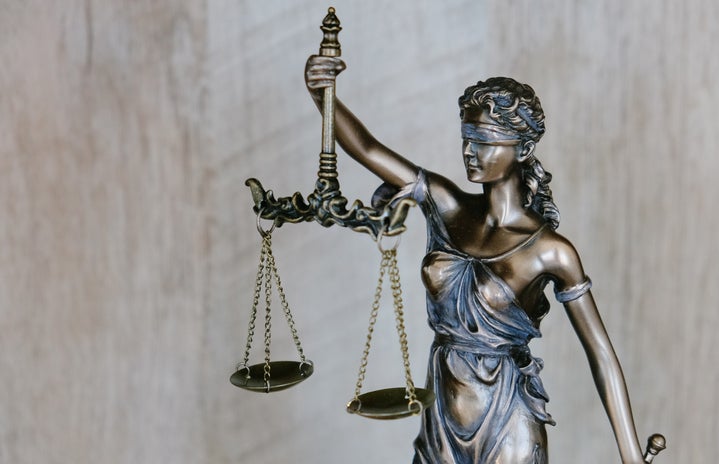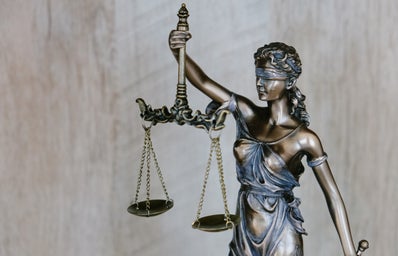Japan and the USA are the two only first-world democracies that still have an actively functioning capital punishment system.
According to Amnesty International, 108 countries legally ban the death penalty. In addition, 28 countries have penalty laws but have not done any execution for at least 10 years. International human rights organizations are calling for further, and eventually complete abolition of this ‘inhumane’ punishment.
In this article, we will talk about the death penalty in Japan. Why does it still exist, and why do we continue to execute people? Why do so many citizens support the death penalty? And ultimately, let’s think about whether we should get rid of it.
WHy does it still exist?
Three years ago, in 2018, 15 people were executed in a single year.
It is said by many that the death penalty is rooted in Japanese culture and history. The Japanese value deterrence and retribution; showcasing the horrible consequences of a criminal, discouraging citizens from committing crimes, and paying for the damage one has caused.
Many people also say that heinous criminals should be subject to the death sentence, especially in regards to the bereaved family.
For such reasons, many Japanese people passively support the capital punishment system. According to a National Survey, in 2019-2020, 80% of respondents believed that the death penalty “cannot be helped”. Only 9% believed that it should be abolished.
deterRence and retribution…?
I mentioned that deterrence and retribution are roughly the two main reasons why people still stand for the death penalty.
However, does the death penalty really function to deter heinous crimes? And is it really the best way to make the killers pay?
Some argue that this is not always the case.
There have been many cases where the killers went and killed more people to be guaranteed the death penalty.
For example, the killer of the Osaka school massacre in 2001, which killed 8 and injured 18 innocent children and teachers, purposely went to an elementary school where he felt it was “easier to kill more people” so that he would definitely be punished by the death penalty, instead of numerous years in a prison cell. This massacre is very well known in Japan as one of its very few domestic mass murder cases.
The 2008 Tsuchiura serial killer has stated in his hearings that he “killed to get the death penalty”. Two people were killed, and 7 were murdered as the killer waved around a knife.
These are obviously very few examples, and no evidence shows that the death penalty encourages killers to commit more murders.
However, if the capital punishment of a single person is inducing the killings of numerous innocent lives, there is a need to re-think the strong belief of deterrence and retribution.
other possibilities of the ultimate punishment
If we say no to the death penalty, are there any punishments that will rightfully punish criminals that violently and wrongfully took away innocent lives?
There might actually be.
I believe that life imprisonment (終身刑)would be one of the strongest possibilities. Life imprisonment grants zero chance of the inmate of any kind of release. They will stay in prison until the day they die.
Japan today has no life imprisonment system; instead, we have an indefinite prison term(無期懲役), which includes the chance of a release.
There are voices from actual inmates that claim that this is a crueler punishment than the death penalty.
In 2007, 310 Italian inmates subject to life imprisonment turned in a petition, stating that they would rather be killed than spend every day in a prison cell simply waiting for death.
This shows the possibility of life imprisonment as a punishment that functions for deterrence and retribution.
Plus, one of the biggest dangers of the death penalty lies in the possibility of a wrongful conviction. Although the death penalty is irreversible, life imprisonment is not.
There are many more dimensions to the death penalty discussion in Japan, but one thing is for sure. There is a lack of interest and research on it, compared to in the West. If Japan remains as one of the very few developed democratic countries that still carry out executions, we must know how and why we are still doing it. And while we discuss this, I feel that we should look for other options, that might make more sense than the death penalty does today.


